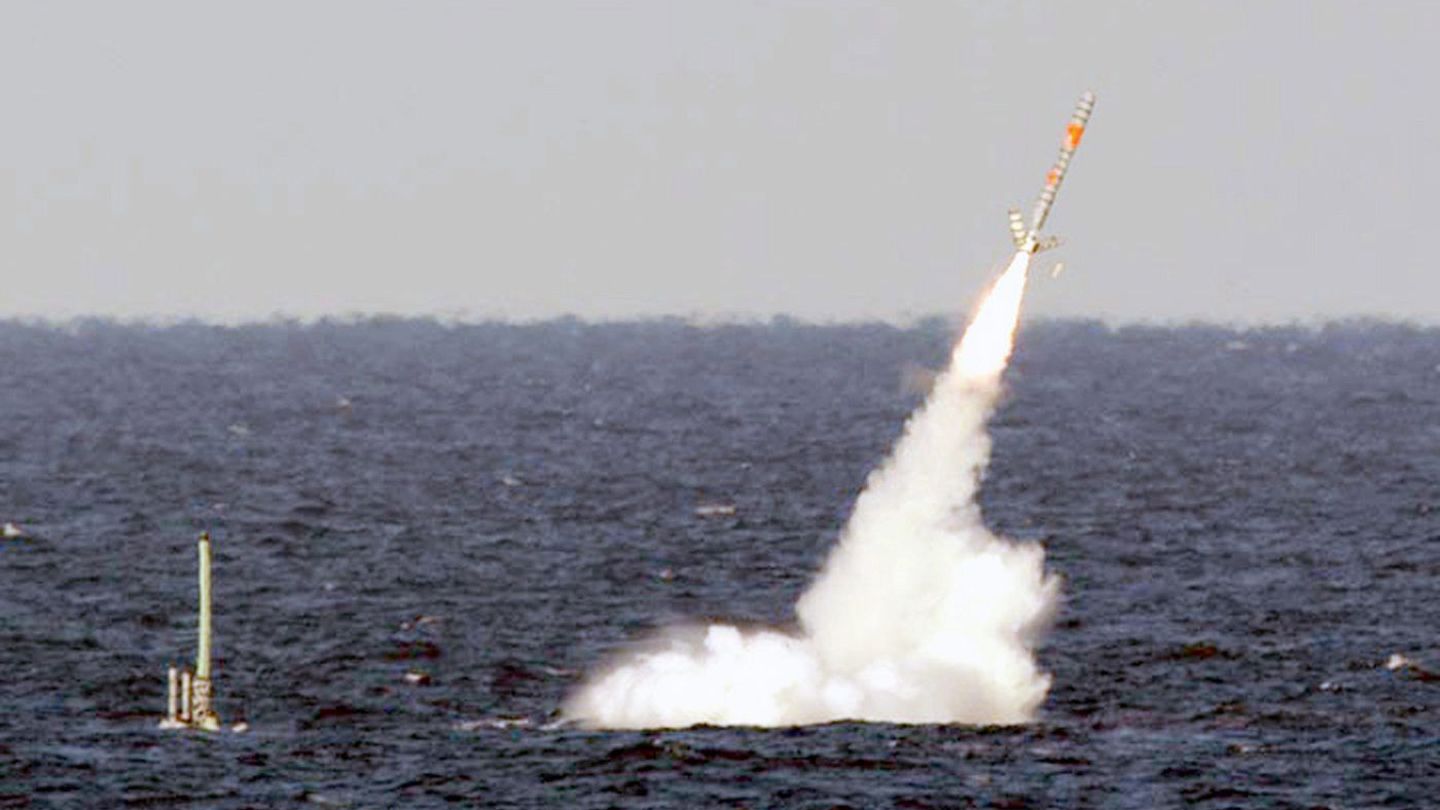I have been working in the news industry for over 6 years, first as a reporter and now as an editor. I have covered politics extensively, and my work has appeared in major newspapers and online news outlets around the world. In addition to my writing, I also contribute regularly to 24 Hours World.
Menu
Civil War in Syria: Upheaval in Syria: What does the fall of Assad mean?
Categories
Most Read
Domestic political crisis: France’s new government starts a turbulent week
October 13, 2025
No Comments
Gaza ceasefire: Ceasefire in Gaza – Will peace return to the Middle East?
October 13, 2025
No Comments
France: New government in place, but problems remain
October 13, 2025
No Comments
Ukraine War: Report: Ukrainian attack hits oil depot in Crimea
October 12, 2025
No Comments
Donald Trump is convinced: “Gaza war is over”
October 12, 2025
No Comments
Latest Posts

We want peace but with freedom, sovereignty and independence
October 13, 2025
No Comments
October 12, 2025 – 23:14 The president of Venezuela questioned the decoration given to the opposition leader and assured that “90% of the population” repudiates

Trump threatens Putin with Tomahawk delivery to Ukraine
October 13, 2025
No Comments
IvanI have been working in the news industry for over 6 years, first as a reporter and now as an editor. I have covered politics

Sarmiento achieved a historic victory and left River drowning in its sporting crisis
October 13, 2025
No Comments
October 12, 2025 – 22:54 With a goal from Iván Morales after an unusual error by Franco Armani, the “Green” beat Gallardo’s team 1-0 and
24 Hours Worlds is a comprehensive source of instant world current affairs, offering up-to-the-minute coverage of breaking news and events from around the globe. With a team of experienced journalists and experts on hand 24/7.

